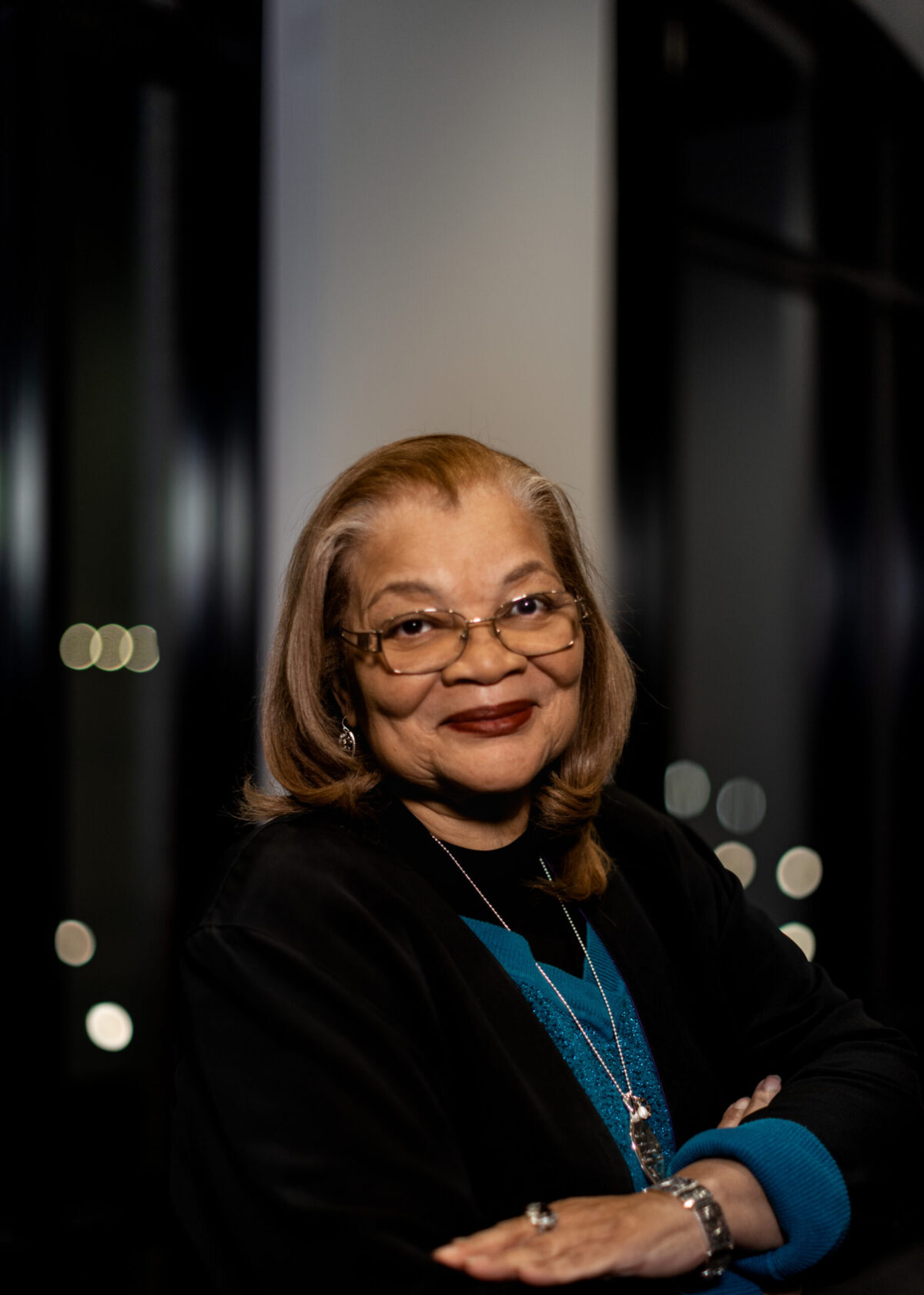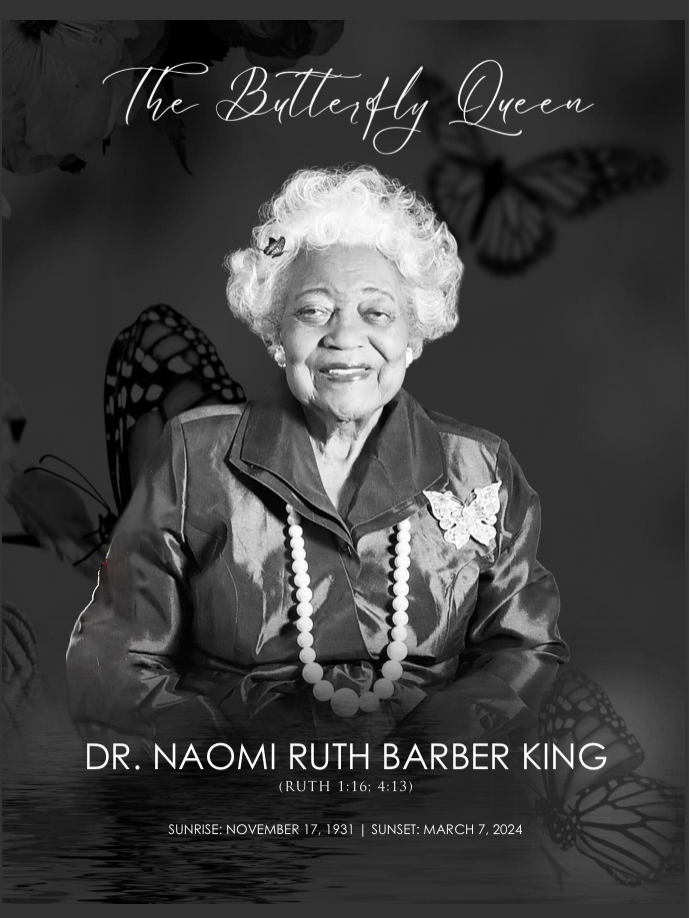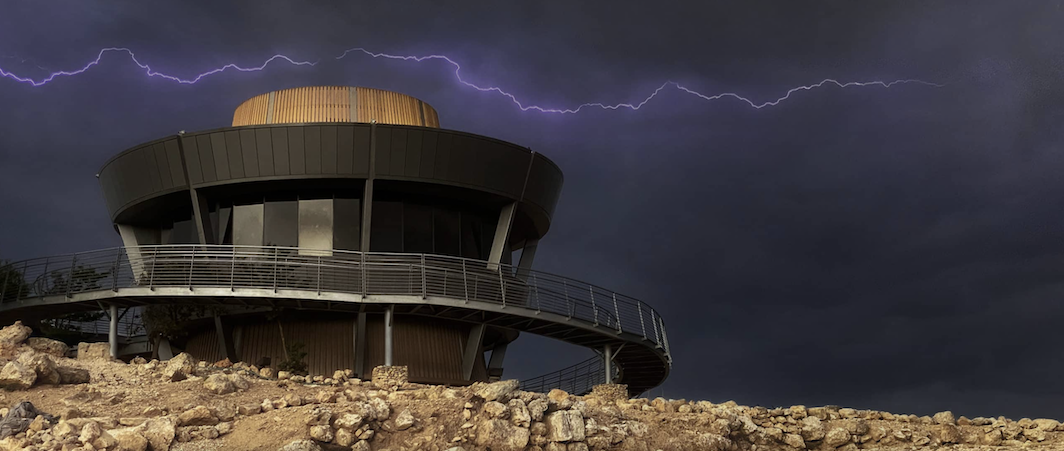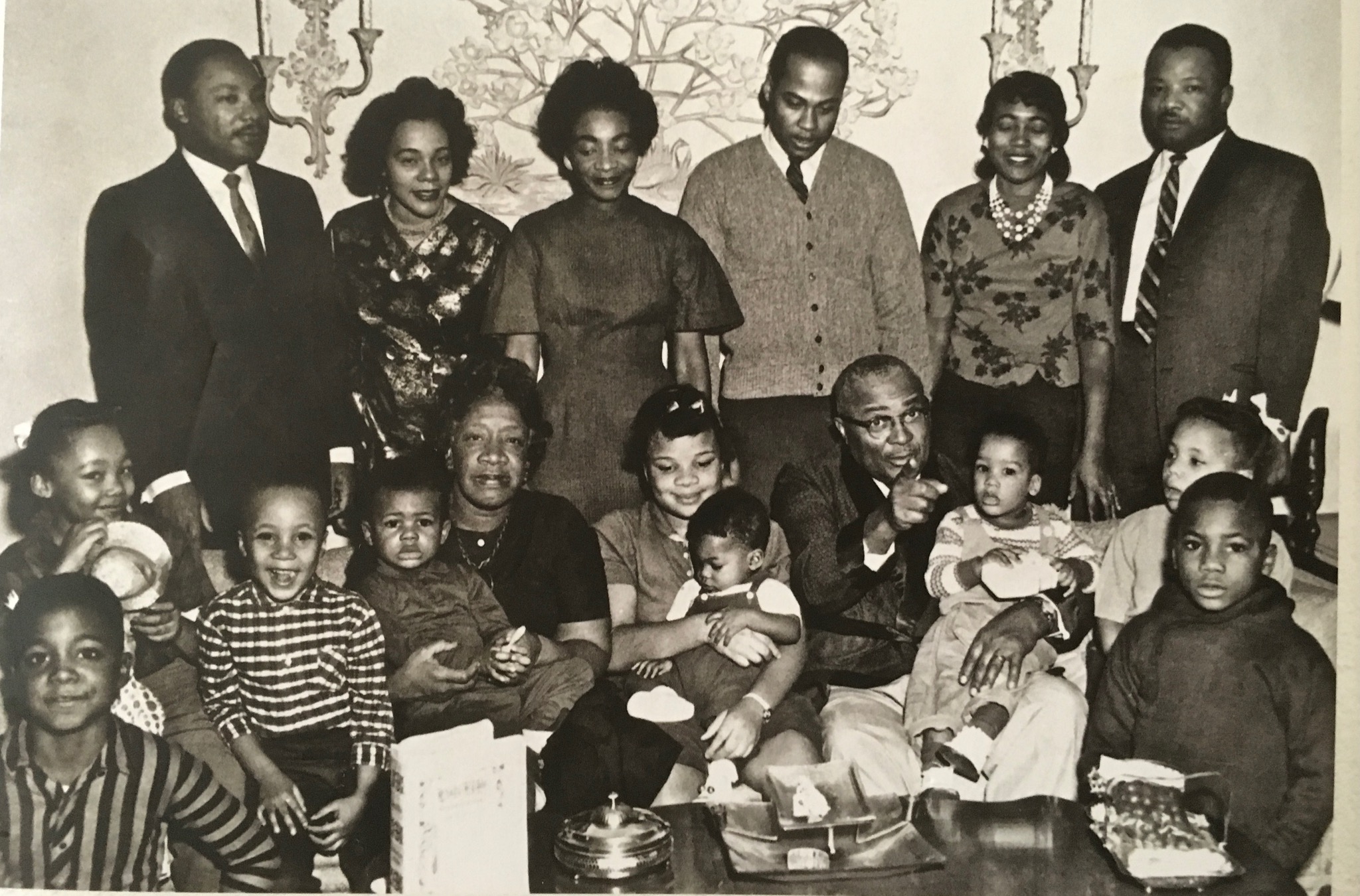November 8, 2022
These Air Force commandos saved troops under fire for years. Now they are fighting to save their buddies

These Air Force commandos saved troops under fire for years. Now they are fighting to save their buddies
You never know who you might end up sitting next to in class one day.
Eric Hohman
You never know who you might end up sitting next to in class one day. For example, biology students at the University of North Carolina – Chapel Hill between 2017 and 2019 may not have known that the quiet older guy in their classroom was a decorated Air Force commando who saved his entire team of U.S. and Afghan special operators from being overrun on a 2008 mission in Afghanistan, a mission where he repeatedly exposed himself to enemy fire and directed danger-close air strikes against the local militant group despite being shot through the leg.
As incredible as it sounds, that kind of story is fairly common in the world of Air Force combat control. Though many civilians and service members may not know about them, CCTs are some of the most elite special operators on the planet. Trained to the same physical capabilities as their better-known comrades in the Army Special Forces and Navy SEALs, CCTs are also technical experts who can call in deadly close air support within 10 meters of their position with a sucking chest wound while surrounded by enemy fighters.
“Nobody knows about us, even though we kill more people on the battlefield than anyone in the history of human warfare,” retired Air Force CCT veteran Dan Schilling told Task & Purpose last year. “What CCTs do is they stitch everything together, and they determine whether everyone on the battlefield lives or dies.”
Retired combat controller Zac Rhyner certainly determined whether he and his buddies lived on that battlefield in Afghanistan in 2008. But while he had survived what one special operations commander described as “one of the most difficult situations” in combat, civilian life on a college campus presented a new kind of challenge.
“It was strange because I was in for 11 years and then all of the sudden I was a college student,” Rhyner, who medically retired from the military in 2015, told Task & Purpose. “Being a decade older than the other students – and it didn’t help that I wasn’t the friendliest guy on campus – I was pretty reserved.”
Rhyner had a tough last few years in the Air Force. On his last deployment in 2013, a gunshot shattered his right femur and severed a nerve. The commando spent more than a year in a wheelchair, often on a heavy dose of pain medication, as he wondered whether he would ever be able to rejoin his buddies in special operations.
To go from the fast-paced life of a combat controller to the slower pace of convalescence was “pretty rough,” Rhyner said, but his physical therapist taught him how to walk again and gave him a sense of newfound purpose.
“Through my two years of rehab and recovery, I found this love for physical therapy,” said the former controller, who also credited the therapist with ”just trying to boost my morale through those hard times and pushing me when I needed it.”
Rhyner pushed on through recovery, through his undergraduate studies and into the Duke University Doctor of Physical Therapy Program to pursue his new dream. But recovering from war has highs and lows, and Rhyner hit a low along with many other veterans while watching the U.S. military evacuation from Afghanistan last year.
“I think I really went downhill after that,” said Rhyner, who described feeling angry, irritable and upset that the civilians around him seemed oblivious to what was happening to the country he had fought and bled in so many times. That, plus his long hours of clinical rotations as a budding physical therapist, were chipping away at his well-being. Luckily, he had a few buddies looking out for him.
“I was fortunate that within the small combat control network some guys recognized that I wasn’t doing great,” Rhyner said.
The retired airman was about to become one of the first combat controllers to benefit from the First There Foundation, a new nonprofit devoted to helping CCTs and their families with mental health, career advancement, financial advice and other areas that can be difficult to navigate after the high-tempo world of special operations.
‘How come we don’t do this for combat controllers?’
There is a galaxy of nonprofits dedicated to helping veterans, but First There founder Eric Hohman noticed during his own struggle after leaving the Air Force that the tight-knit, little-known community of combat controllers was not receiving the same support as other special operations veterans. The reality hit home when he attended an event put on by the Special Forces Charitable Trust, a nonprofit “that provides meaningful and sustainable support to the Green Berets and their families,” according to the trust’s website.
“I was just like, ‘how come we don’t do this for combat controllers?’” Hohman asked.
There is one organization that exists already: the Combat Control Foundation, which has a similar set of goals as First There. In the first eight months of 2022 alone, the Foundation spent $203,608 on resiliency, education, health and heritage efforts within the CCT community, according to the foundation’s website. Still, Hohman described it as more of a “heritage foundation,” whereas his goal with First There is to connect with younger generations of CCTs.
“We want to include older guys too, but we’re also largely made up of Global War on Terror veterans,” Hohman said.
Mike Lamonica, president of the Combat Control Foundation and its sister group, the Combat Control Association, disagreed with Hohman’s characterization of CCF/CCA as a ‘heritage foundation,’ saying that CCF/CCA proactively supports all controllers, families and teammates, though he agreed that the organization has a slightly older population.
“We have programs built to assist with resiliency, health, education and heritage,” for CCTs and their families and teammates, he said. “As with any organization there are generational gaps, whether real or perceived.”
The leaders of both the CCA and CCF “want nothing more than to see Eric and team be successful,” Lamonica added. “We are a small community filled with operators, family members, and teammates who sacrifice on a daily basis in service to this great nation. Those people deserve to be supported and recognized.”
Hohman also noticed that the only times his community rallied together was in mourning for a fallen brother.
“It was a very reactive thing,” he said. “We should be celebrating our dudes now instead of waiting until someone dies before we all come together and mourn this guy.”
The experience of special operations is often so intense, so high-tempo and so niche that leaving those communities can present a unique set of challenges compared to other veterans. On top of that, the combat controller community sometimes suffers from its own success at being ‘quiet professionals.’ Hohman recalled applying for the same job as a former Navy SEAL, and though Hohman was more experienced and held a bachelor’s degree and the SEAL did not, the latter got the job.
“‘Nobody knows what a controller is,’” Hohman recalled one of the people who reviewed his application telling him. “’They know what a SEAL is.’”
Not getting that job was one of several rough moments Hohman went through after getting out of the military in 2013 with a beat-up body and survivor’s guilt.
“I couldn’t find a job, I couldn’t find a purpose,” Hohman said. “I was like ‘I used to be this rock star, I used to brief generals. And now I’m 35 and I’m living with my parents … What is wrong with me? I was an operator.’’”
Within a year, Hohman started thinking about running his car off a bridge or putting a gun to his head. Luckily, a Veterans Affairs psychologist managed to get the controller to open up about how he was feeling, which helped Hohman start to turn things around. After that, the Special Forces Charitable Trust helped him realize what the combat control community was missing, but the last straw did not break until the start of the COVID-19 pandemic, when Chris “AZ” Rush, a mentor to Hohman and a well-known figure in the CCT world, died by suicide. It was an unexpected blow for many controllers.
“That broke my heart, and we couldn’t say goodbye to him because of COVID,” Hohman said. Then another buddy who was struggling called Hohman and he figured “it’s up to me. So I woke up one morning and started typing a mission statement, and First There was born. Really it was out of necessity because I didn’t want my friend to kill himself.”
An extension of the team room
Hohman began approaching donors with a pitch in hand: an extension of the team room. A team room is like a common room for special operations teammates to debrief, get ready for missions, or just hang out and chat. The First There Foundation would create a lasting extension of that space into civilian life for controllers and their families.
“We’re a trusted source, like ‘I know this is run by team guys, and I can trust them,’” Hohman explained. “All I do is facilitate with our network and say ‘this guy needs a job, or this guy needs help writing a resume, or this guy is having a hard time getting his VA rating.’ All we are doing is connecting guys and getting them help when they need it.”
Hohman hopes that First There can help develop a professional network for combat controllers where the valuable skills they developed in the military are appreciated by employers. On the First There Foundation website is a list of CCT-owned businesses in industries like real estate, retail, construction, marketing and even skateboarding apparel.
“The SEALs and Green Berets have done so well at getting their people in high positions of business,” said Jonathan Howard, a former CCT who owns several real estate businesses and is a donor to First There. “We don’t really have that in CCT, just because the notoriety is not there.
“I’ve hired a few controllers to come work for me, but it’s not going to be that Fortune 500 company,” he added. “That’s a gap we’re trying to fill, to help them on that transition out.”
Beyond a network and a resource, Hohman hopes that First There will also be a kind of connective tissue for controllers after they leave the military, reminding them that no matter where life takes them, they can always count on their brothers in scarlet berets.
“Part of it is really just to look out for each other, and be proactive,” Hohman said. “When guys have babies we send them a baby blanket. When guys retire, we send them out to camp. It’s little things to let them know that we’re there.”
‘I really saw the change it did for them’
Having a trusted network can be particularly important for navigating the mental health turmoil CCTs sometimes encounter when leaving the military. Howard explained that it takes a while for many controllers to admit that they are struggling, and then it can take even longer to find a mental health provider they connect with.
“I saw a lot of mental health professionals, but the one I really connected with was former enlisted Marine infantry,” Howard said. “Someone like that I can connect with. He gets it, he knows the lifestyle, and I don’t have to explain a lot of things.”
There are plenty of well-intentioned, well-executed mental health programs out there, but not all of them are effective for the unique circumstances of a CCT. Several CCTs who spoke with Task & Purpose for this story mentioned how the traditional medication prescribed to them by VA doctors often made them feel dead inside. Howard hopes to help expose CCTs to alternative treatments, such as mushrooms, which he found to be more effective than pills.
“It really changed my life for the better,” he said. “It’s dental floss for your brain.”
Howard first got into mushrooms through a trusted source: his buddies from combat control and from Air Force pararescue, another elite field of special operations.
“I really saw the change it did for them, they just seemed happier and not as stressed,” he said.
Other treatments besides psychedelics have also worked for some controllers. Hohman felt a breakthrough after trying out reiki, “an energy healing technique that promotes relaxation, reduces stress and anxiety through gentle touch,” according to the Cleveland Clinic.
“I thought it was a crock of shit, but I think my mom was so worried about me that she was like ‘look I don’t care what you think about it, you’re going to do this,’” he said. “And it was the first time that I felt at peace. It was something to do with my soul.”
Psychedelics, reiki or other therapies classified as alternative medicine may not work for everybody, but Howard hopes that First There can provide a word-of-mouth network for CCTs to hear about those therapies and, if they are interested, try them out in safe, supportive environments among people they trust.
“That’s a big thing I wanted to put out there with the First There Foundation,” he said. “The VA won’t send you on a nature retreat with a medical professional for ayahuasca. But if we can pay that bill to send a guy there for four nights and get his life reset, I’m all about that.”
‘We’d say their name and just bury it down.’
In the combat controller world, Jesse Schrader has been around the block. He’s been on the teams since 2002, gone on 13 deployments, and knows every single controller who’s been killed in combat since 9/11. Losing so many friends made it difficult for Schrader to keep in touch with their family members after their deaths.
“We’d a toast, we’d say their name and just bury it down,” he explained. “Part of my burying it away and not ever having to deal with it is I would kind of push aside all the families. I’ve known every combat controller who has been killed since 9/11 and I knew their families as well, and I just completely stopped talking to their families because talking with them brought up survivor’s guilt or whatever you want to call it.”
Now, as Schrader prepares to retire later this year, he imagines that other controllers may be in a similar situation, and he wants to make sure Gold Star families are not forgotten or neglected.
“We’ve been going the extra mile to get contact information for all the Gold Star family members: where they are, what their needs are, do they need help paying a mortgage, is there anything they need help with,” Schrader explained.
The way Hohman sees it, the First There Foundation may be able to help those families the way their sons, husbands or fathers might have. Even if it’s just something simple, like paying to fix a garbage disposal.
“I want First There to be an extension of the team room, but I also want it to be there for Gold Star families to step in where their sons or husbands would have,” he said.
Veterans and family members are not the only ones who Schrader thinks First There can help. Active-duty controllers may also stand to benefit. Schrader said combat control units across the service have made a big push to create “human performance optimization teams,” to look out for CCTs’ physical and mental well-being while still in uniform. Those teams can include weight-lifting coaches, physical therapists and mental health providers.
“The problem is, the people at the units won’t use them,” the CCT explained. “They’re like ‘as soon as I walk over to the psych doc and tell them I’m having these issues, they’re going to take all my weapons away. They are going to tell me that I am grounded from flying, jumping, I can’t train, they are going to take me off the team. Everybody in the entire squadron is going to know and find out that I self-diagnosed and raised my hand because I have an issue. Even though they are going to applaud me because I am trying to get help, they are going to have that stigma on me, and then will I ever be able to recover from it?’”
Some CCTs may feel comfortable reaching out for that help, Schrader said, but the worst-case scenario weighs on many minds in the career field. Schrader hopes the First There Foundation may be able to help with that, especially since he still knows many active-duty controllers. For example, if a team sergeant at one squadron has an airman who just returned from a deployment and needs help, but does not want to risk that worst-case scenario of being seen getting help, then the sergeant could call Schrader, who hopefully could help send the airman on a retreat or some other form of help sponsored by First There.
“He takes leave, comes out to see us and we try to do the best we can to right the wrong,” Schrader said.
Recovering from war has ups and downs, and even CCTs who have been out for a decade or more may need help through the downs.
“People who we know who have gone through that trauma might be burying themselves away with alcohol in a trailer somewhere that no one knows about until someone finds out and then hopefully they get them to us,” Schrader said.
‘It’s up to us’
When Zac Rhyner took the stage at San Antonio, Texas on September 10, he was feeling much better than he had in the months following the Afghanistan withdrawal. He had finished his doctor of physical therapy program and, with the help of First There, gone on a mental health retreat for special operations veterans which other CCTs recommended.
“Being around that environment of people you relate to and being able to focus on mental health for a couple days, that was incredible,” he said. “It was the catalyst that I needed to get back on the right track.”
That day, Rhyner shared his story with a room full of 134 CCTs, family members, donors and other guests at the First There Foundation’s first-ever Scarlet Beret Gala, a kind of coming-out for the budding non-profit. Adult beverages were consumed, fallen comrades remembered, and songs from the 80s danced to in what Hohman hopes will become the first of an annual tradition. But Hohman hoped the event also served as a call to action.
“It’s up to us,” Hohman reminded guests at the gala. “It’s up to us and only us to spread the word about what we can do here.”
Maybe First There can be a sort of homecoming, not just for all the combat controllers and families who have served and are serving now, but for all CCTs to come. Maybe soon Zac Rhyner will be just one of many controllers who First There helped get to a better place.
“It’s taking care of us. It’s having a place where, when guys get out and life gets difficult, they can say “hey, I can call this guy or that guy at First There and say ‘hey man I’m really struggling, how can you help?’” Hohman told Task & Purpose. “That’s all it is.”








